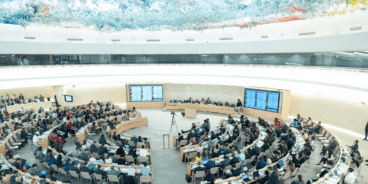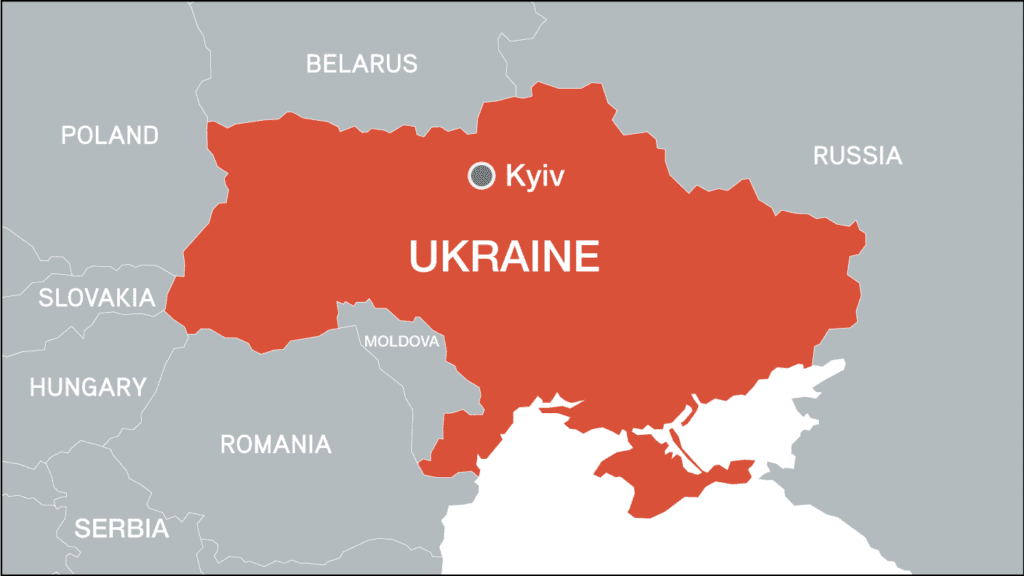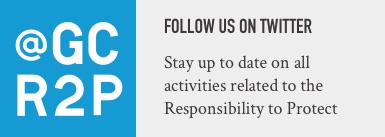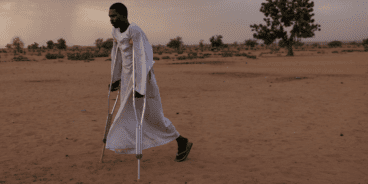
Ukraine
Russian forces have perpetrated possible war crimes and crimes against humanity since their invasion of Ukraine. Ukrainian forces have also committed potential war crimes.
BACKGROUND:
Since 24 February 2022, when Russian Armed Forces launched a full-scale invasion of Ukraine, cities and towns across the country have been bombarded with indiscriminate explosive weapons. The UN Human Rights Council-mandated Commission of Inquiry (CoI) on Ukraine has documented evidence of war crimes committed against the civilian population by Russian forces, including indiscriminate attacks, torture and sexual and gender-based violence. The UN has verified more than 11,662 civilian deaths since the start of the conflict while emphasizing that there are likely thousands of unverified casualties. The conflict has caused a massive humanitarian crisis, displacing at least 10 million people, including more than 6.5 million who fled to neighboring countries.
The UN Human Rights Monitoring Mission in Ukraine (HRMMU) has documented the widespread use of heavy artillery and multiple launch rocket systems, unguided missiles, airstrikes and illegal cluster munitions in populated areas. Schools, homes, water and sanitation systems, energy-related infrastructure and civilian shelters have been routinely targeted. The World Health Organization has verified over 1,908 attacks on healthcare since February 2022. Russian forces have bombed and pillaged historical and religious sites, and the UN Educational, Scientific and Cultural Organization has verified damage to at least 432 cultural and religious sites. In areas under their control, Russia forces have perpetrated killings, rape and torture. Mass graves and burial sites have been found in areas retaken from Russian forces.
Ukrainian and Russian forces have committed abuses against prisoners of war, including torture and ill-treatment, and have prosecuted accused “collaborators,” according to the HRMMU. The UN has documented violations of international law by Russian-affiliated mercenary operatives from the Wagner Group, including enforced disappearances, ill-treatment and extrajudicial executions of prisoners of war, which may amount to war crimes under international law.
Intense fighting also continues in Donetsk and Luhansk oblasts, a region collectively known as Donbas, and international monitors have documented both sides committing violations that may amount to war crimes. Conflict has been ongoing in Donbas since 2014 after a pro-European change of power in Kyiv prompted the Russian government to militarily support majority-ethnic Russian separatists. An estimated 14,000 people were killed and millions displaced between 2014-2022 and the International Criminal Court (ICC) found evidence of war crimes and crimes against humanity.
The ICC has issued arrest warrants for six Russian officials since 2023, including President Vladimir Putin and former Minister of Defense General Sergei Shoigu, for conduct and abuses in Ukraine that amount to war crimes and crimes against humanity, including the forcible transfer of children from Ukraine to Russia, directing attacks on civilian objects and causing excessive harm to civilian areas. The ICC also opened a field office in Kyiv to assist with the prosecution of over 128,498 cases of war crimes documented by the Ukrainian authorities. Meanwhile, after Ukraine filed a case asking for clarification under Article IX of the Genocide Convention, on 16 March 2022 the International Court of Justice (ICJ) imposed provisional measures, calling on Russia to suspend military operations and cease advancing, as well as requesting all parties to refrain from actions that may prolong the conflict. While the Court determined on 2 February 2024 that it cannot adjudicate on whether Russia’s invasion violated its obligations under the Genocide Convention, it will investigate Russia’s allegations that Ukraine committed a genocide against the Russian-speaking population in Donbas – one of Russia’s justifications for the invasion.
Russia’s aggression in Ukraine has been widely condemned and many states and intergovernmental organizations have responded with targeted sanctions, economic measures and other restrictions. Some states have provided Ukraine’s military with weapons, including banned cluster munitions. The UN General Assembly (UNGA) has passed numerous resolutions that have demanded humanitarian access to civilians, condemned and demanded the immediate reversal of Russia’s annexation of occupied Ukrainian territory and called for reparations and justice for violations of International Humanitarian Law (IHL).
RECENT DEVELOPMENTS:
Civilian casualties have significantly increased since March 2024 amid Russia’s escalating use of powerful air-dropped bombs with wide-area effects. According to the HRMMU, at least 219 civilians were killed in July, marking the deadliest month for civilians since October 2022. In a particularly grave attack, on 8 July Russian forces launched over 40 missiles at cities across Ukraine, killing at least 41 civilians, including at least 33 people killed in Kyiv alone, and destroying hundreds of buildings, including a children’s hospital. On 6 August Ukraine launched an offensive into the Russian region of Kursk, prompting 120,000 people to flee. During late August Russia launched several waves of missile and drone attacks targeting more than half of Ukraine’s regions.
From 15-16 June Ukraine’s President Volodymyr Zelensky held a peace summit in Switzerland, where states recommitted to the territorial integrity of Ukraine underpinning all future peace negotiations.
On 11 July the UNGA passed a resolution demanding an immediate end to Russia’s aggression against Ukraine and attacks against Ukraine’s critical energy infrastructure, including urgently withdrawing its military and other personnel from the Zaporizhzhia nuclear power plant.
On 21 August Ukraine’s parliament voted to ratify the Rome Statute, allowing the country to join the ICC.
ANALYSIS:
The CoI, Organization for Security and Co-Operation in Europe and other monitors have found that violations and abuses perpetrated by Russian forces in areas under their control may amount to war crimes and crimes against humanity. This includes killing, rape and the systematic use of torture against civilians, as well as grave crimes against children, such as killing, maiming, unlawful transfers and deportations.
Civilians in Ukraine are at increased risk as Russian forces target residential buildings and other civilian infrastructure with relentless drone and rocket strikes with wide-area effects. Ukrainian forces have also perpetrated violations and abuses of international law as they continue a counteroffensive to regain territory. Although the conflict is stagnant in Donbas, civilians on either side of the front lines remain at increased risk as both Russian and Ukrainian forces continue to use banned cluster munitions.
Parties to the conflict have utilized rhetoric that can amount to incitement to violence, increasing the risk of ethnic-based targeting. The CoI is investigating rhetoric utilized in Russian state and other media that may constitute incitement to genocide. Russian officials have also implemented anti-Ukrainian curriculums for children in occupied areas.
RISK ASSESSMENT:
-
- Failure to adequately halt and address violations of IHL and International Human Rights Law in eastern Ukraine since at least 2014.
- Russia’s pattern of violence against civilians, their property, livelihoods and cultural symbols and blatant disregard for IHL.
- Large-scale airstrikes and use of long-range and unguided weapons by Russian forces and counteroffensive by Ukrainian forces.
- Increasing polarization, marginalization of minority populations, propaganda and inflammatory speech.
- Impunity for orchestrators and perpetrators of war crimes and crimes against humanity.
NECESSARY ACTION:
Parties to the conflict must strictly adhere to IHL and ensure the protection of civilians. All violations must be investigated and perpetrators held accountable. Legal proceedings for those accused of crimes must be transparent, impartial and respect international standards of due process and proportionality.
Amid the protracted crisis, the international community must continue to pressure Russian authorities to halt their aggression in line with the ICJ’s provisional measures, including by closing loopholes in sanctions on dual-use items and third country imports and exports. The international community should maintain its support to Ukraine in upholding its international obligations to protect its populations, including by ensuring the territorial integrity of the country, within the parameters of international law. The international community should also continue to support those in need of humanitarian assistance ahead of the perilous winter months.
Related Content

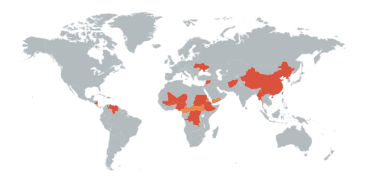
R2P Monitor, Issue 70, 1 September 2024
